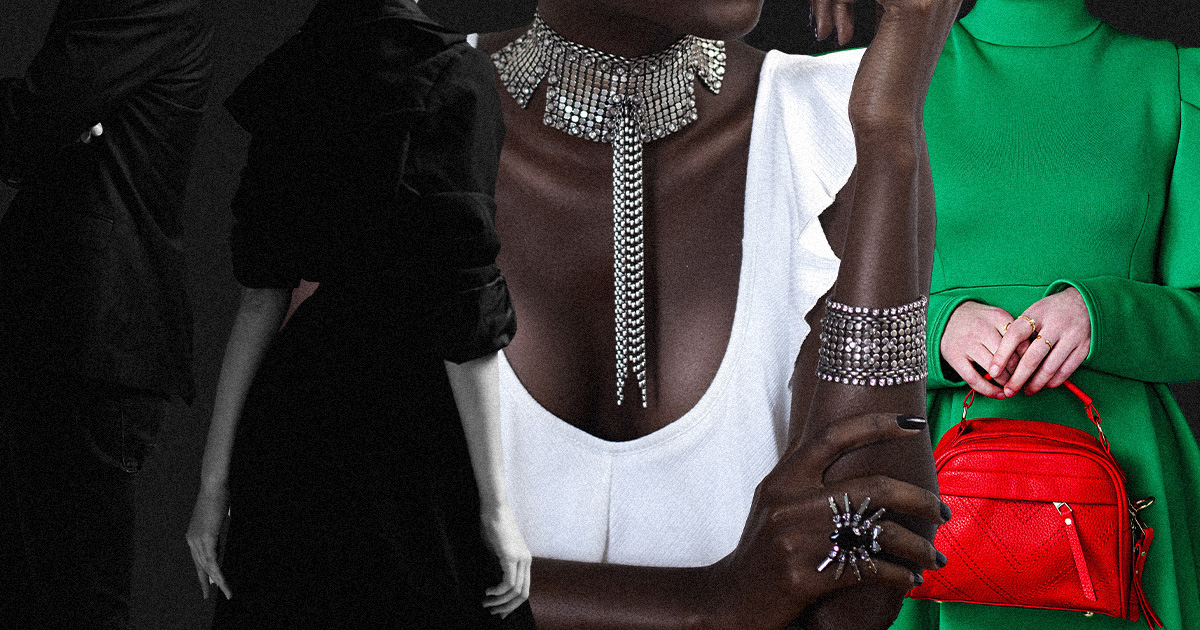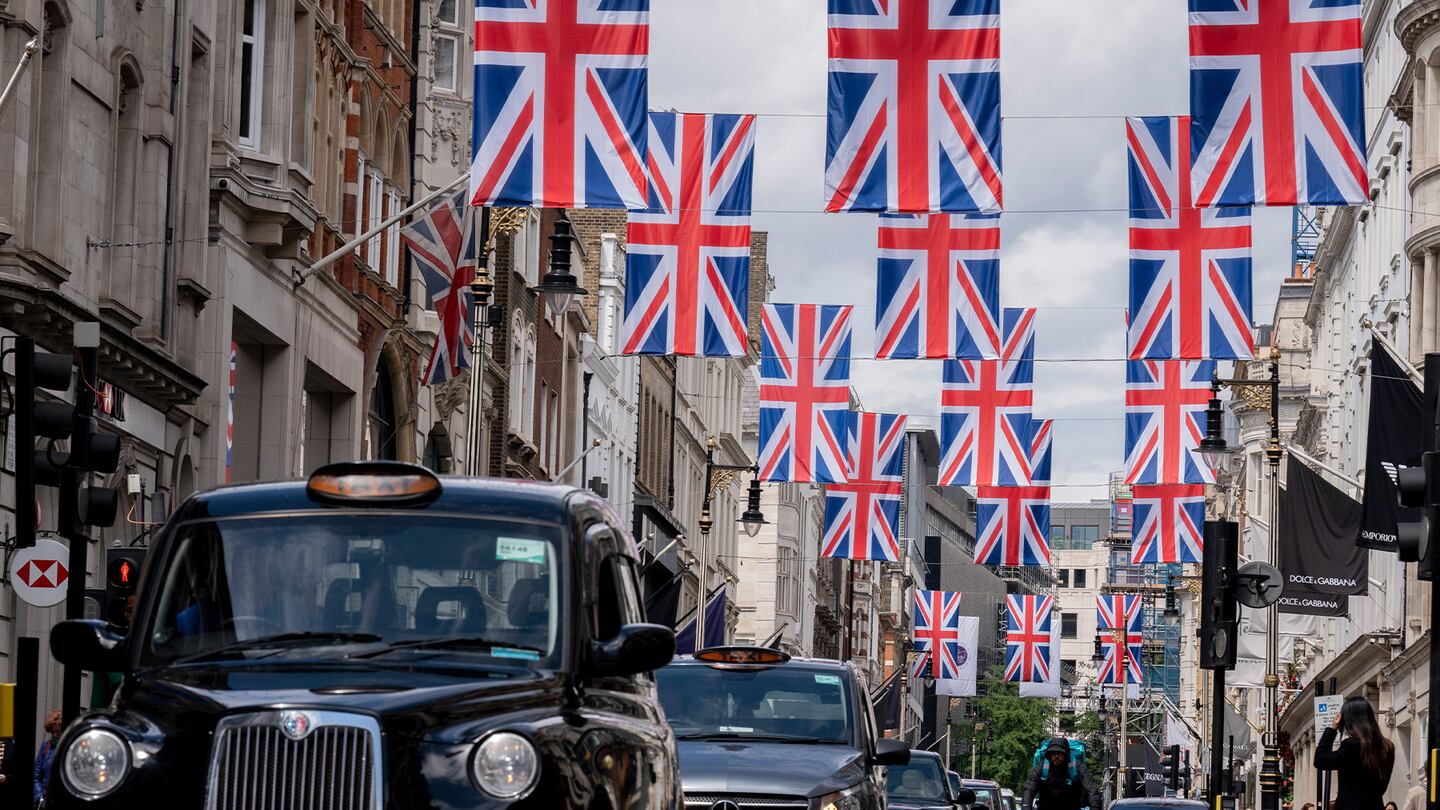
06 Nov, 2025
4 min read
Luxury Market Shifts as Gen Z Shapes New Consumer Landscape
NEW YORK — The luxury industry is witnessing a fundamental shift as Generation Z emerges as a powerful consumer group reshaping spending habits and brand loyalty. Representing just 4% of global luxury expenditure before the pandemic, Gen Z is projected to account for a quarter of luxury purchases by 2030, according to Boston Consulting Group.
Recent visitors to luxury hotspots, such as Fleur Arbel and Christophe Kairouz, both 24 and from France, reveal changing tastes. Drawn initially by flashy displays like Louis Vuitton’s monogrammed animal sculptures in New York, they remain unconvinced by the brand’s traditional logos and styles, which they perceive as outdated. “I think they failed to keep the luxury image in a way,” Kairouz remarked. “I think they need to create something new, original.”
Industry experts describe Gen Z as a diverse and elusive market, blending high-end labels with trend-driven pieces sourced from influencers, social media platforms like TikTok, and thrift shops. To attract these consumers, established luxury houses have embraced influencer collaborations, pop-up events, and accessible price points such as leather bag charms ranging from $240 to $1,250 offered by brands like Miu Miu.
Scott Roe, CFO and COO of Coach’s parent company Tapestry, emphasizes the generational consistency in brand loyalty, noting that the challenge lies in cutting through unprecedented consumer choices. “To break through, you need to have a strong share of voice,” Roe said. Reflecting this, Tapestry has expanded its marketing investments from 3% of sales pre-pandemic to 10% in 2024, contributing to a 9.9% revenue increase to approximately $5.6 billion in the 12 months ending June.
Affordable luxury labels such as Coach and Ralph Lauren have successfully harnessed the Gen Z wave, with Ralph Lauren’s revenue climbing 6.8% over the past year. Experts credit their strategies to influencer engagement, personalization offerings, and a focus on sustainability.
Emerging and smaller brands are also capitalizing on the moment. Collina Strada, helmed by creative director Hillary Taymour, has targeted younger consumers with a blend of sustainability and vibrant, meme-inspired aesthetics. The brand reports that 58% of its clientele are Gen Z and Millennials, driven by inclusive campaigns and diverse runway shows that foster a sense of community.
Not all legacy brands are faltering. Miu Miu and Loewe continue to resonate with younger buyers, with Miu Miu ranking first in the latest Lyst Index of sought-after luxury brands. Miu Miu experienced a 49% sales increase in the first half of 2025 compared to the same period last year. Achim Berg, founder of the think tank FashionSIGHTS, notes the appeal of single, brand-signature pieces that allow new luxury buyers to engage without committing to full ensembles.
Despite these successes, luxury spending growth among Gen Z and Millennials remains modest, increasing by just 0.5% year-over-year, significantly trailing the 2.4% rise seen in Baby Boomers, according to Bank of America data. Younger buyers prioritize durability and timeless appeal when investing in high-end items, as 26-year-old Los Angeles resident Kendall Still explains, “When I shop luxury, I think about ‘what’s going to last me a long time?’ I want something I’m not going to get sick of in five or 10 years.”
Some marquee brands face setbacks. Gucci, a Kering-owned label, reported a 25% drop in sales during Q2 2025 and subsequently replaced CEO Stefano Cantino after nine months. Gen Z-focused social media data from dcdx reveals Gucci experiencing the steepest online decline among leading luxury brands over the past year.
The divergence among legacy brands is stark, with Kering’s shares falling 43% over two years, while Tapestry’s stock has more than tripled. Luxury industry consultant Frederica Levato of Bain & Company observes, “Legacy brands are splitting into clear winners and losers.”
Looking ahead, Asian luxury is also poised for evolution. New Chinese brands including Uma Wang and Shushu/Tong are gaining prominence among young consumers for their digital fluency and embodiment of national identity. Chanel CEO Leena Nair highlighted at The Economic Club of New York that sustained brand relevance depends on remaining dynamic and contemporary: “You cannot take the longevity of a brand for granted; you stay in the public consciousness and you have the iconicity because you’re relevant and timely, and constantly modern.”
Recommended For You

UK, Canada, Australia, and Portugal Officially Recognize Palestinian State Amid Gaza Conflict
Nov 06, 2025
Urbano Tolentino

Luxury Market Shifts as Gen Z Shapes New Consumer Landscape
Nov 06, 2025
Tino Salonga

Bernard Arnault Sparks Controversy with Criticism of Wealth Tax Advocate Gabriel Zucman
Nov 06, 2025
Tino Salonga

Speaker Dy Supports Public Disclosure of Lawmakers' Asset Declarations
Nov 06, 2025
Caridad Pingol
